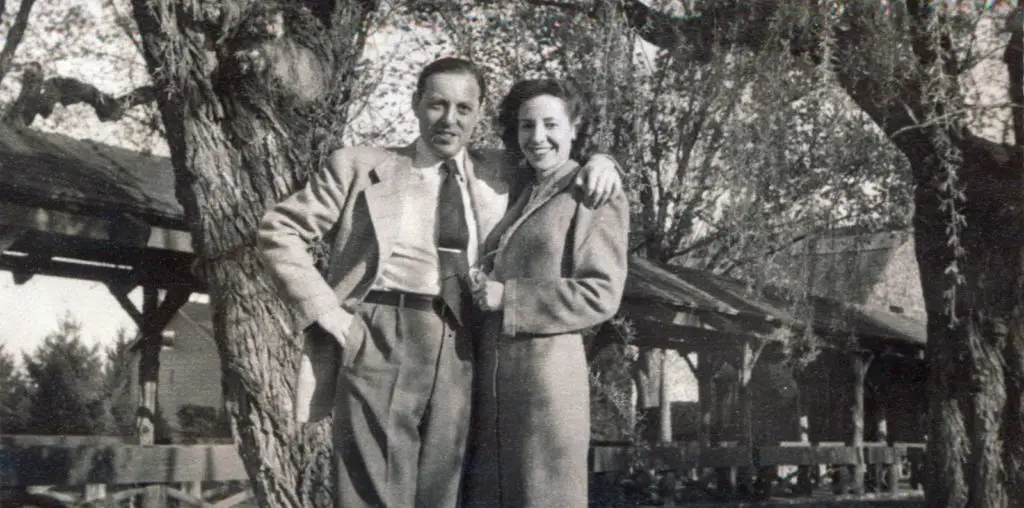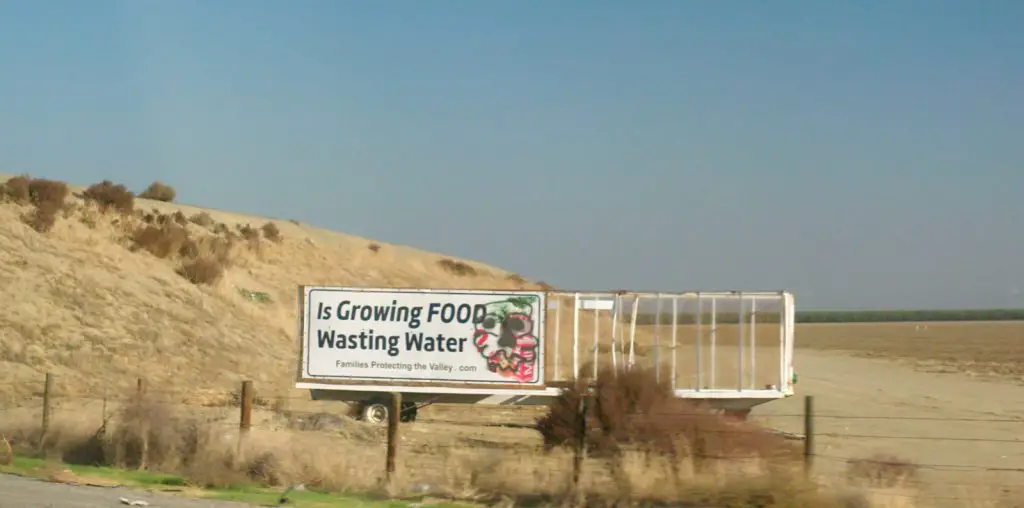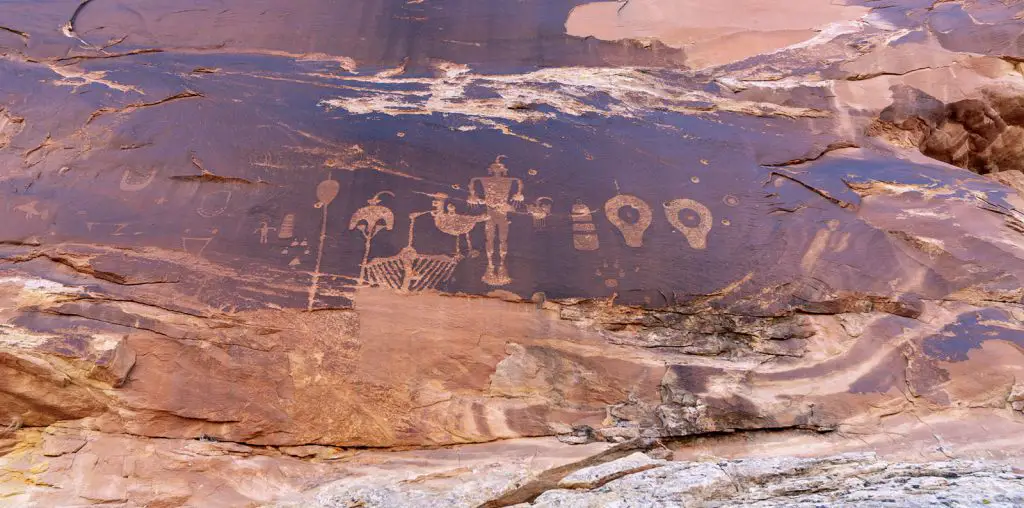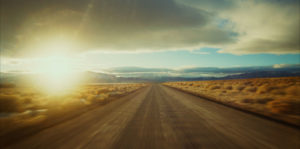
The Great Basin is a significant part of the U.S., even if its towns are few and far between. It’s a place of ranchers, immigrant workers, and small-town living. The region, comprising a vast area of desert land in Nevada, is substantially important because of the water that exists deep under the ground resting in the basin, which neighboring Las Vegas needs and most likely will get, which will change life in these parts forever. Director Chivas DeVinck spotlights this sleepy and eccentric eastern Nevada world’s dailiness and societal and political issues in The Great Basin.
The documentary, offering insights into an almost forgotten way of life, launches with a curious opening following a group of people on a guided trip through a cave system. Offering a bit of irony, it’s a dark place that survives without light and is unknown, much like the Great Basin and its people who “live on the other side of nowhere.” Using several documentary filming styles, including cinema verité, up close and personal discussions, and interviews, DeVinck captures the variety of people who dwell in the Great Basin.
The filmmaker offers a 360 view of an area living without interruption, almost as if they were on the outside, completely cut off from a fast-paced, ever-changing world. Whether it is Native American residents providing an account of their homeland or third-person voyeurism to show the inside workings of a brothel, little is left to the imagination in garnering an understanding of how people live and function in this part of the world. Sagebrush-covered mountains and land are home to sheep and cattle ranchers whose conservative views exist to keep their operations working.
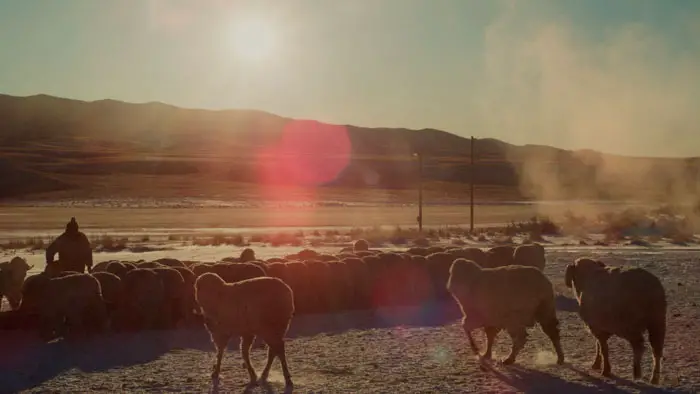
“…eccentric eastern Nevada world’s dailiness and societal and political issues…”
The Great Basin deftly juxtaposes this with small towns full of casinos and legitimate brothels where Christians are offering gifts and pamphlets to discover and find God. Men chat on street corners, and others work daily, like a butcher chopping and packaging meat or a man unloading change from slot machines. A county commission meeting about dog licenses that brings about a tearful discussion is as severe as the mounting water pillage of Las Vegas. The director’s observations of these people are intimate and personal.
For those who have never been on U.S. 50 from Ely, Nevada, known as the “Loneliest Road” in America, this two-lane highway offers a certain beauty for this wide-open country, especially for the authentic folks in this film who make their home in Ely and White Pine County. The majesty of the region is beautifully lensed, as the cinematography makes even the isolated territory look inviting.
DeVinck’s unique style and approach to The Great Basin and its various subject matters are not preachy or one-sided. What shows up is pure and mighty, like its musical score that echoes a bit of Phillip Glass. However, it is not as monotone in seriousness and drama but is as simple in structure. This is not a complicated, glossy documentary, but it will exist as a fascinating historical document when this way of life no longer exists.
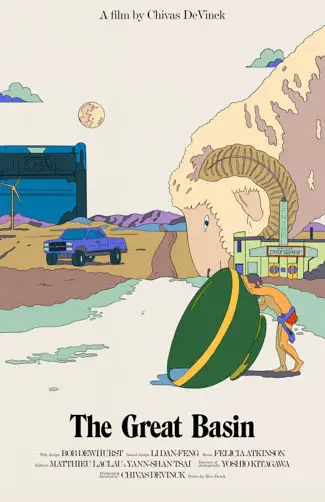
"…pure and mighty..."
